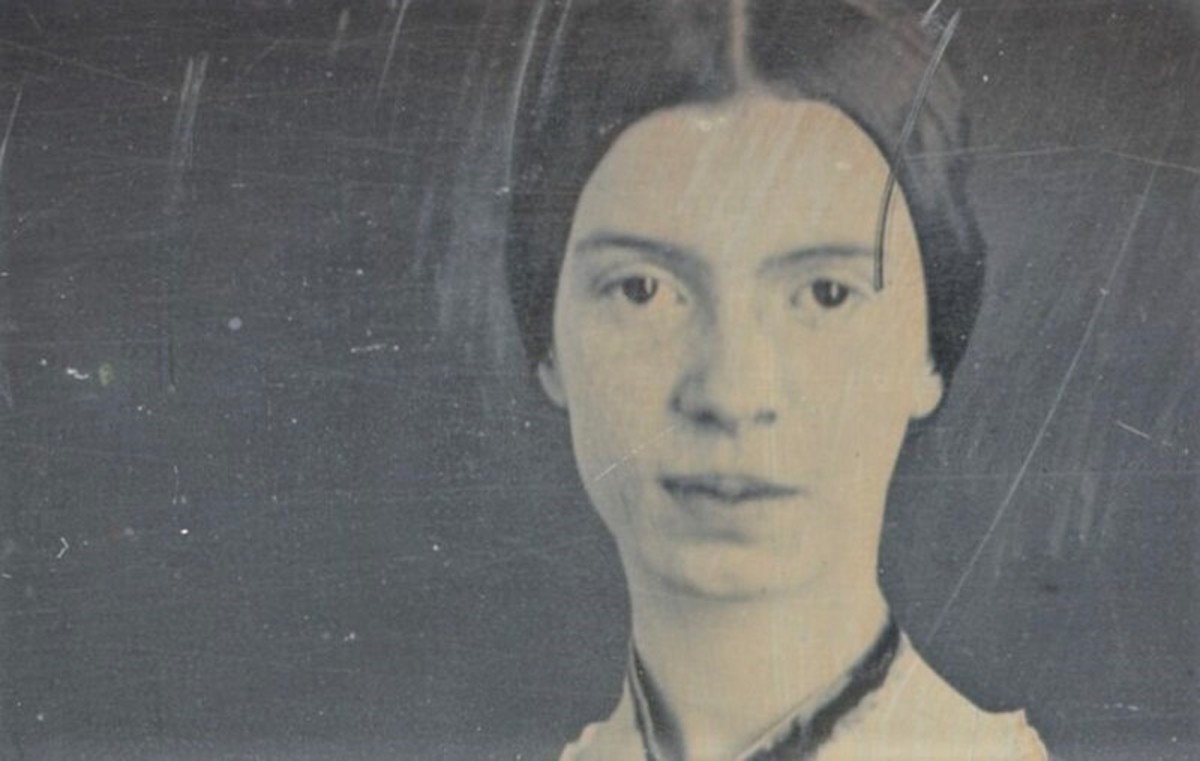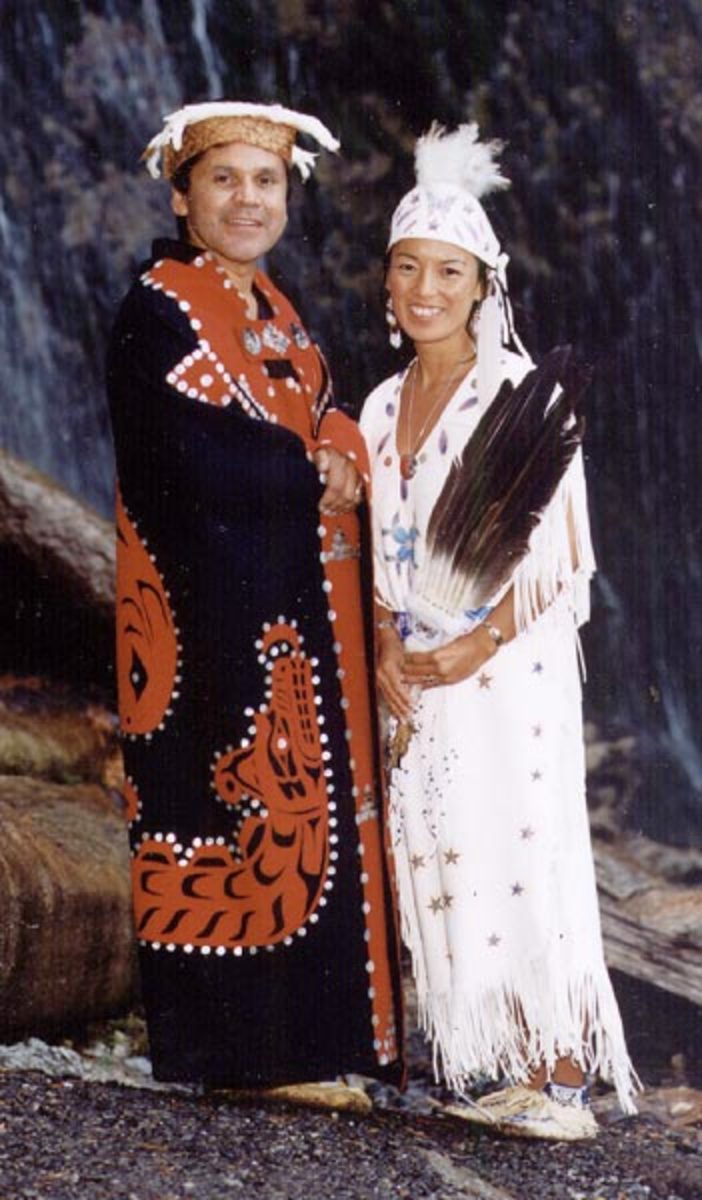Stone Warrior, A Poem/Riddle
Anglo-Saxon Riddle Poetry
The Anglo Saxons loved Riddle Poems; slightly less than 100 of which survive in “The Exeter Book”, a miscellany of Old English poetry variously dated somewhere between the eight and tenth centuries. We know little about these short, anonymous poems. We assume they are part of oral tradition and minstrels may have used them as “fillers” between recitations in the mead hall of longer, more important poems. At any rate, these poems were more than oral cum mental trickery; they had their own beauty, their own integral cohesiveness as poems in their own right.
Here’s a translation (by Karl Young) of a short Riddle Poem:
The creature ate its words-- it seemed to me
strangely weird when I heard this wonder:
that it had devoured human speech.
A thief in the darkness gloriously mouthed
the source of knowledge-- but thee thief was not
the least bit wiser for the words in his mouth.
For more Riddle Poems, and an excellent brief overall discussion, please see http://www.thing.net/~grist/ld/young/ky-bkrid.htm
The probable answer to the Riddle Poem above is -- a bookworm or a moth.
My own modern contribution to this old poetic form—I’ve called it STONE WARRIOR—follows. I’d be grateful for pointed comments—I’ve never written anything quite like this before,
STONE WARRIOR
He had suffered his granite prison
for three thousand years.
Pain now only a dull memory, balanced
against the forces that held him in this place.
He no longer felt . . . anything, though he was aware
of the thick sentient ooze that enveloped him,
corrupting his essence
drop
by
drop.
He dimly remembered the respite of sleep,
but now he understood that sleep empowered
the ooze in its relentless search
for ways, access to his essence--
to claim him.
Of all the ancient ones here with him,
all those massive Tall-Standing warriors
encased in stone with him
those lost thousands of years ago,
all were now dead blocks of stone,
forever muted
.
Of all the
Reclining Supreme warriors,
also imprisoned after the final battle—
only he still lived,
only he could still sense, hear, see.
Only he, defiant,
could mount a futile resistance.
.
The People did not comprehend.
They came in steady waves
only to see, knowing nothing,
seeing nothing, offering only their awe
at him and his long-dead companions
.
He had tired over the centuries,
his need for sleep consuming now,
The cold ooze sensed his faltering resolve
and quickened its indifferent invasion.
From his ascendant recline
he looked down
on the People
and wondered
for the first time
in three thousand years,
if they
were
worth it,
after all.
© clark cook








